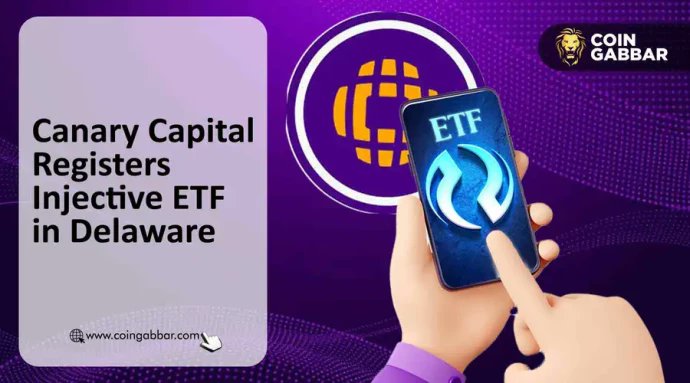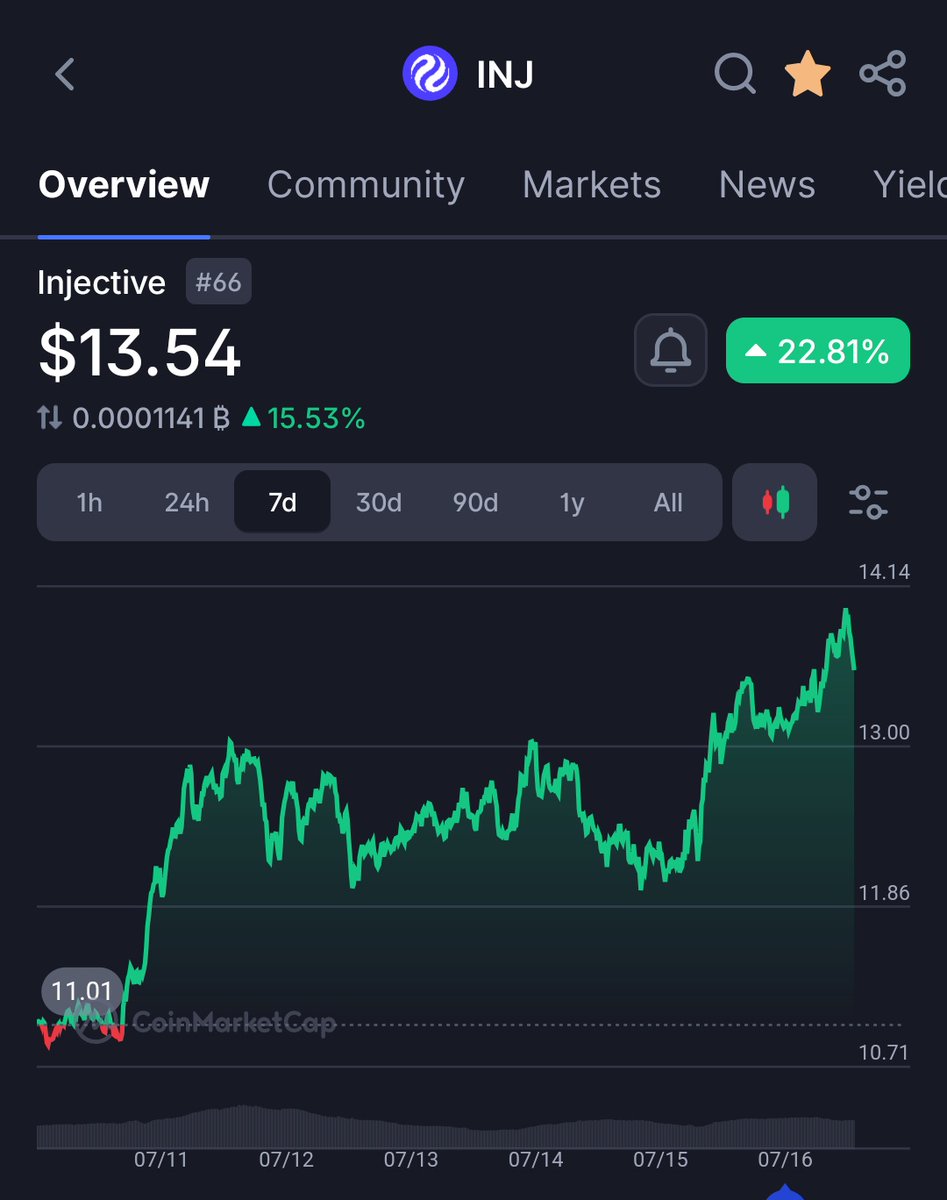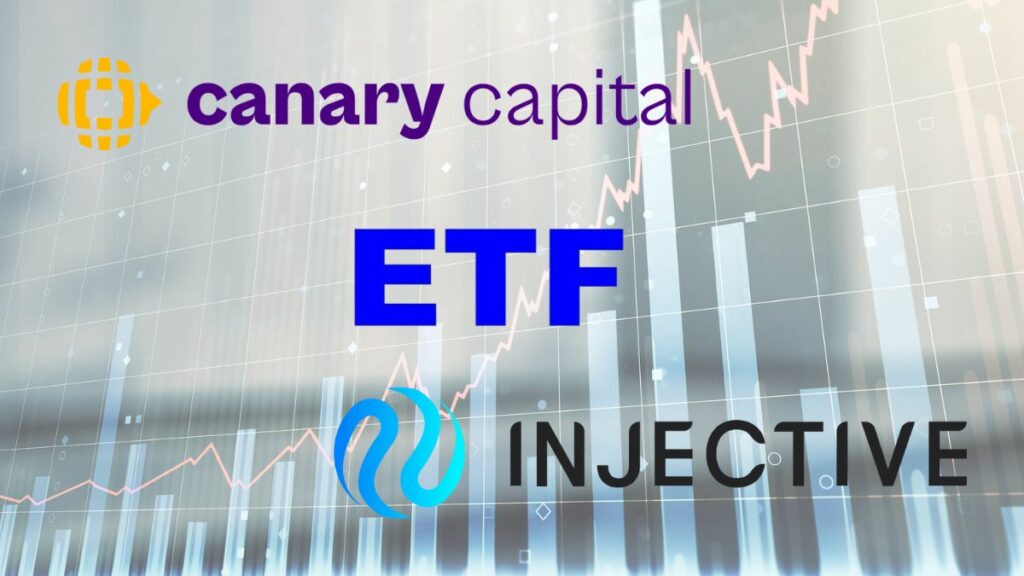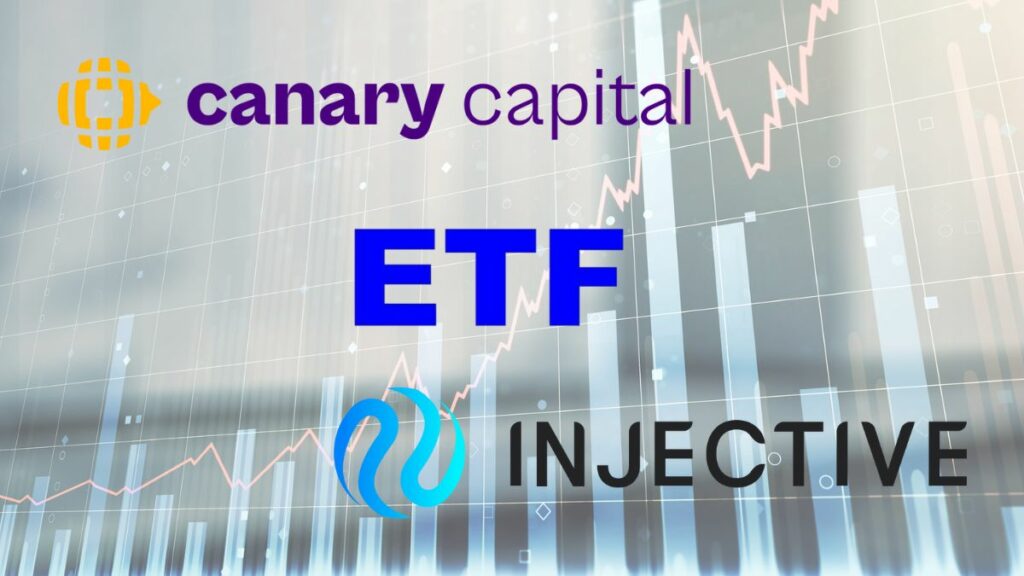Canary Capital just set up a Delaware trust for a staked @injective ETF, looking to give investors access to both INJ’s price movements and its staking rewards.
If the SEC gives the green light, it could become one of the first staking ETFs in the U.S. a big step for bringing more on-chain yield into traditional markets.



To grasp the full potential of an @injective Staked ETF, it helps to understand the underlying mechanism: staking.
On the Injective network, INJ holders can ‘stake’ their tokens by delegating them to validators. These validators are responsible for securing the network by processing transactions and maintaining the blockchain.
In return for their service, and for the INJ tokens staked with them, validators and their delegators earn rewards, typically in the form of newly minted INJ tokens and a portion of transaction fees. This process contributes to the network’s security and decentralization.

2.44K
10
The content on this page is provided by third parties. Unless otherwise stated, OKX is not the author of the cited article(s) and does not claim any copyright in the materials. The content is provided for informational purposes only and does not represent the views of OKX. It is not intended to be an endorsement of any kind and should not be considered investment advice or a solicitation to buy or sell digital assets. To the extent generative AI is utilized to provide summaries or other information, such AI generated content may be inaccurate or inconsistent. Please read the linked article for more details and information. OKX is not responsible for content hosted on third party sites. Digital asset holdings, including stablecoins and NFTs, involve a high degree of risk and can fluctuate greatly. You should carefully consider whether trading or holding digital assets is suitable for you in light of your financial condition.

